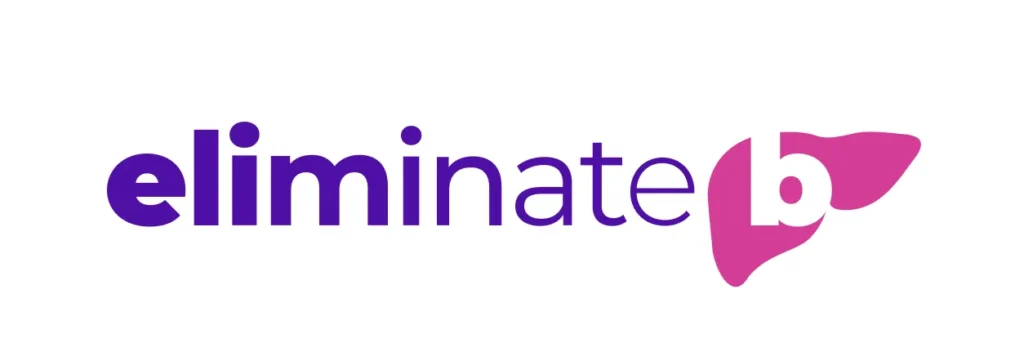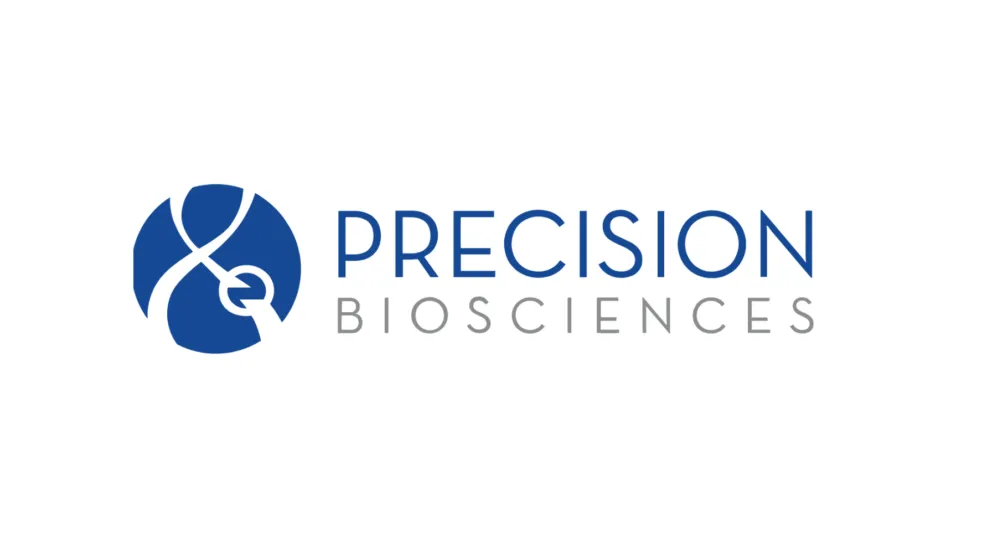
Precision BioSciences, Inc. (Nasdaq: DTIL), a clinical-stage gene editing company leveraging its proprietary ARCUS® platform to develop in vivo gene editing therapies for diseases with high unmet needs, has announced promising initial results from the ELIMINATE-B clinical trial. This trial is evaluating PBGENE-HBV, an investigational therapy for chronic Hepatitis B, with the first administration at the lowest dose level (cohort 1) demonstrating favorable safety and antiviral activity.
ELIMINATE-B Trial
The ELIMINATE-B trial is designed to assess PBGENE-HBV across multiple ascending dose levels. Each dose level consists of three administrations in patients diagnosed with chronic Hepatitis B who are HBeAg-negative. The trial’s primary objectives are to evaluate safety, tolerability, and antiviral efficacy in participants receiving the gene-editing therapy.

According to Precision BioSciences, this study represents a significant step forward in gene editing for chronic Hepatitis B, a condition that affects millions globally and has limited curative treatment options. PBGENE-HBV is composed of an ARCUS-encoding mRNA encapsulated within a lipid nanoparticle (LNP) to facilitate delivery into liver cells, where it aims to disrupt viral persistence mechanisms.
Initial Findings from Cohort 1
The first cohort received a 0.2 mg/kg dose of PBGENE-HBV. The treatment was found to be safe and well tolerated in all three participants following their initial administration. None of the patients experienced Grade ≥2 treatment-related adverse events or serious adverse events. Notably, each participant presented with different baseline characteristics, including variations in age of infection onset, duration of infection, and levels of Hepatitis B surface antigen (HBsAg), underscoring the therapy’s safety profile across a diverse patient set.
Dr. Murray A. Abramson, MD, MPH, Head of Clinical Development at Precision BioSciences, emphasized the importance of monitoring safety closely when evaluating novel gene-editing therapies. He noted that extensive preclinical safety studies and mRNA optimization played a critical role in ensuring patient safety. “This exciting initial safety data set provides evidence that ARCUS encapsulated in an LNP was well tolerated in chronic Hepatitis B patients upon first dose administration at dose level 1,” he stated. “We are proud to share this first-in-human proof-of-concept data with the Hepatitis B community as we continue with additional administrations and dose escalations.”
Antiviral Activity and Reduction in HBsAg
In addition to demonstrating safety, PBGENE-HBV showed promising antiviral activity in the first cohort. Two of the three participants exhibited a substantial reduction in HBsAg levels following the initial administration. The trial protocol is structured to allow three dose administrations per dose level, with the goal of maximizing cumulative viral editing to achieve undetectable levels of HBsAg.
The early efficacy signals align with preclinical data, supporting the therapy’s potential to target and eliminate covalently closed circular DNA (cccDNA) and inactivate integrated Hepatitis B virus DNA. These mechanisms are critical for achieving a functional cure for chronic Hepatitis B, an area where current treatments remain insufficient.
Perspectives from Investigators and Leadership
Dr. Alina Jucov, MD, PhD, Principal Investigator at Arensia Research Clinic in Moldova, expressed enthusiasm about the trial’s early results. “The ELIMINATE-B global investigators are encouraged by the initial safety and activity profile of PBGENE-HBV and look forward to treating additional patients worldwide. Patient interest in this trial remains very high, and these data provide reassurance to me and my patients with chronic Hepatitis B,” she stated.

Michael Amoroso, President and Chief Executive Officer of Precision BioSciences, emphasized the importance of this milestone in advancing gene-editing therapies for large patient populations. “These data excite the entire Precision team, and we hope they instill confidence among the patients courageously participating in our clinical trial. Progress against this widespread and devastating disease would not be possible without their involvement,” Amoroso said. He further highlighted that this trial marks the second clinical validation of the ARCUS in vivo gene-editing platform, following recent findings from the OTC-HOPE study conducted by Precision’s partner iECURE for a severe rare disease.
Next Steps and Future Expansion
The ELIMINATE-B trial is actively enrolling HBeAg-negative chronic Hepatitis B patients at leading research centers in Moldova, Hong Kong, and New Zealand. The first cohort of participants was recruited within a month, demonstrating significant interest in this groundbreaking gene-editing approach.
Precision BioSciences remains on track to administer additional doses at the current dose level before escalating to higher doses. The goal is to determine the optimal dose and number of administrations necessary for safely eliminating cccDNA and inactivating integrated HBV DNA. The company plans to expand the study to the United States and the United Kingdom, increasing recruitment efforts to ensure a genetically diverse patient population is included in the Phase 1 evaluation.
Cassie Gorsuch, PhD, Chief Scientific Officer at Precision BioSciences, provided insight into the extensive preclinical research supporting PBGENE-HBV’s development. “Before initiating the ELIMINATE-B clinical trial, we conducted numerous preclinical studies to assess the pharmacokinetics, safety, and impact on viral markers at various dose levels and following multiple dose administrations,” she explained. “Importantly, the early data from the first patient cohort are consistent with the safety and HBsAg reductions observed in our preclinical models.”
Gorsuch further underscored the significance of these early results: “The safety and early reduction of HBsAg suggest that PBGENE-HBV is achieving what no previous treatment has been able to accomplish—eliminating the source of viral replication by targeting cccDNA and inactivating integrated disease.”





